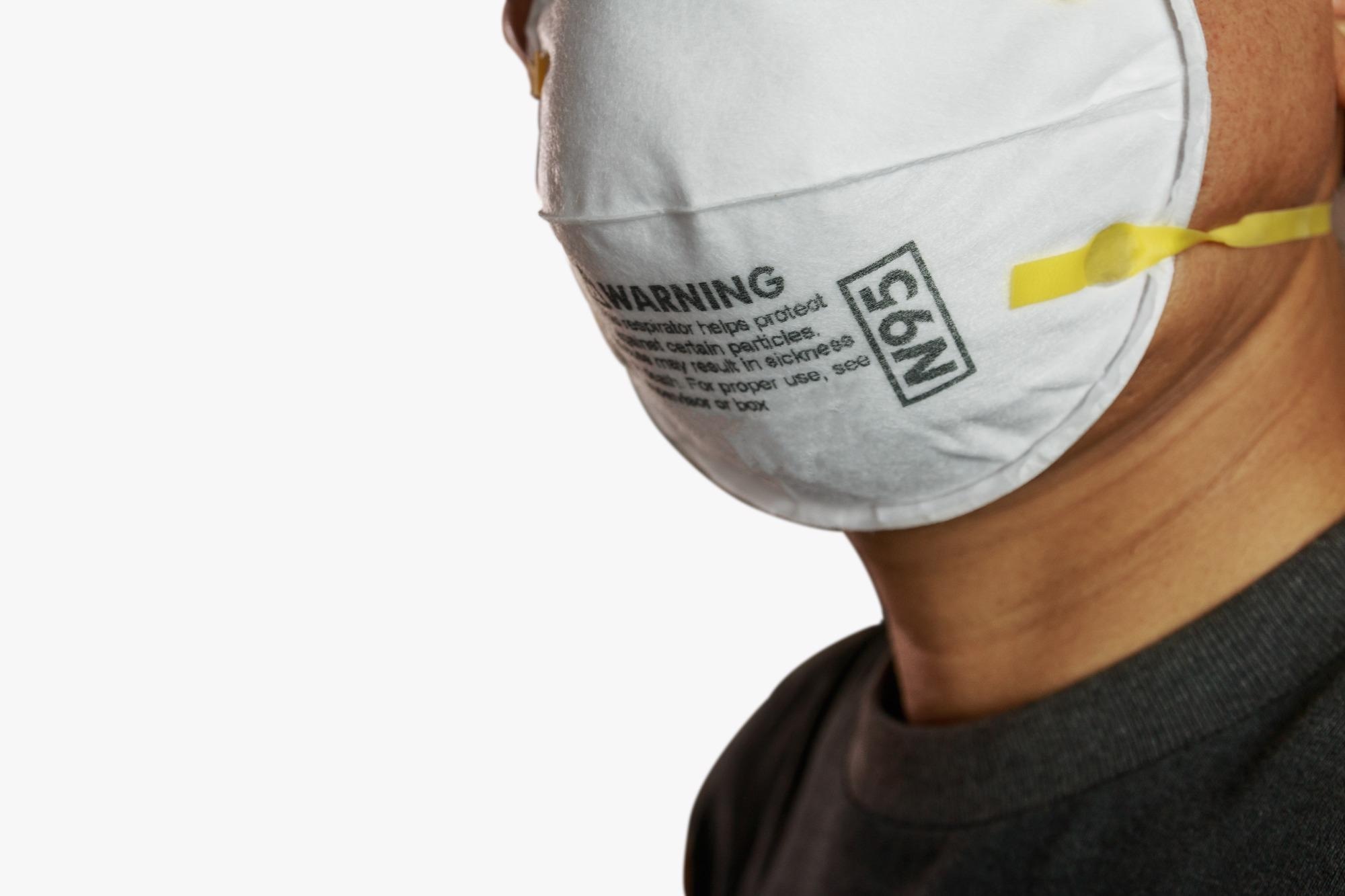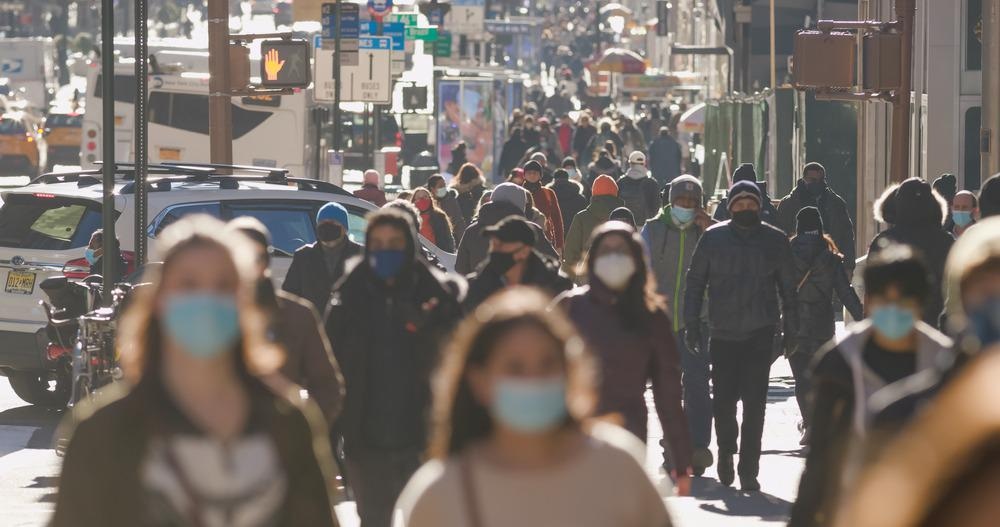My name is Christina Yen, and I am an infectious diseases physician.
This work in N95 respirators was prompted by several conversations with BIDMC’s environmental safety team and infection prevention groups, who were both seeking to respond to the questions that healthcare workers had about VHP (vaporous hydrogen peroxide) decontamination of N95 respirators worn at our hospital. Although the information was rapidly emerging in this area, it was important to us and our hospital that we answer these questions in a clinically relevant, scientifically rigorous way to ensure safety.
N95 respirators are frequently used in hospitals due to their effectiveness in protecting individuals from infectious pathogens such as SARS-CoV-2. Why are N95 respirators so effective at this and what makes them different from other face masks available?
It is important to emphasize that N95 respirators are not always the most effective protection for all infectious respiratory pathogens. They are best suited for organisms transmitted by the airborne route, such as TB and measles.
Currently, we know that N95 respirators are effective at protecting healthcare workers who are present for and perform procedures with the potential for generating droplets and aerosols in the near range, including for patients with SARS-CoV-2 and other respiratory viruses. This is because procedures such as intubation may facilitate the production of small viral particles that are light enough to stay in the air over longer periods and be inhaled by another individual or dispersed around a room.
N95 respirators are designed to filter at 95% or more of these small particles, which can be as small as 0.3 microns in diameter.

Image Credit: chaphot/Shutterstock.com
Can you describe how you carried out your latest research into N95 respirators? What tests did you undertake to test the effectiveness and function of the respirators?
Seven participants who had previously been fit tested to wear the N95 respirators used at our hospital were each assigned an N95 respirator appropriately fitted to their face. These respirators then underwent VHP decontamination a total of 25 times. After each cycle of decontamination, the respirators were first inspected for visible wear and tear first. If there were any such signs, we planned for the respirators to be discarded and the participants would not continue in the study, but we found that this never occurred during our study.
Then, the participants would don their N95 respirators and perform a user seal check to ensure that the respirator still fit appropriately. To further assess whether reprocessed N95 respirators remained effective, N95 respirators underwent quantitative and qualitative fit testing several times throughout the study period.
Finally, to see whether N95 respirators retained their functionality over the course of 25 reprocessing cycles, filtration efficiency, or the respirator’s ability to filter particles of 0.3 microns or greater diameter, was measured several times.
What did you discover from your latest research?
We found that, for the specific brand of N95 respirator that our hospital uses, VHP reprocessing up to 25 cycles did not result in statistically significant changes to the seal, fit, or filtration efficiency of the N95 respirators. All seven of the respirators that were tested never failed their seal checks, qualitative or quantitative fit testing, and retained an average filtration efficiency above 99%.
The minimum filtration efficiency of an N95 respirator of particles with a 0.3-micron diameter or greater must be 95% or above, which is where it gets its name.
Could your reprocessing method be used in countries that have limited supplies? What benefits would this have not only for the individuals but for the hospital/healthcare setting also?
While there could be a role, a significant amount of work still needs to be done to assess how this method can be made accessible and affordable to implement for countries and hospitals with limited supplies of N95 respirators.

Image Credit: blvdone/Shutterstock.com
Do you believe that your research will help us prepare for any future epidemics where mask-wearing is required?
I hope that our research provides not only information but also some reassurance to hospitals and other healthcare facilities that reprocessing certain brands of N95 respirators using VHP can be a safe and effective strategy to address supply chain constraints and to ensure healthcare workers have access to N95 respirators in future epidemic scenarios.
What further steps need to be taken before this method can be adopted in healthcare facilities?
There are at least three immediate steps. First, an awareness that such work cannot be done by one group; it is essential to identify the many stakeholders involved before attempting to operationalize VHP reprocessing of N95 respirators. Second, working with hospital leadership is necessary for work of this magnitude.
Finally, investing in more implementation research to ensure that smaller institutions, non-hospital healthcare sites, and international healthcare settings can also utilize this technology if it has value for them.
What are the next steps for you and your research?
I am looking forward to increasing the dialogue around and understanding how others outside of large academic institutions view the utility and challenges of operationalizing this technology. By doing so, we can better understand its value and role in the current pandemic, future epidemics, and infection prevention.
Where can readers find more information?
About Christina Yen
Christina Yen is an infectious diseases specialist with an interest in healthcare epidemiology, infection prevention, antimicrobial stewardship, and how these fields intersect with bioethics. She completed her internal medicine residency in Los Angeles at LAC+USC and her infectious diseases fellowship in Boston at Beth Israel Deaconess Medical Center (BIDMC), where she did an additional year of training in healthcare epidemiology..jpg)
She is currently at UT Southwestern in Dallas TX as an attending ID physician in the Division of Infectious Diseases and Geographic Medicine and the associate director of antimicrobial stewardship at Clements University Hospital.